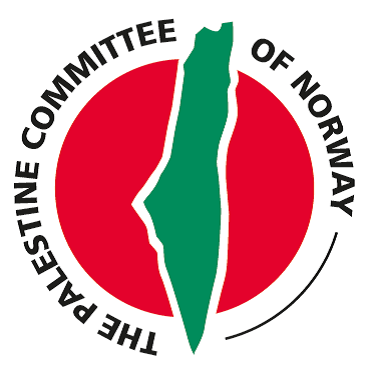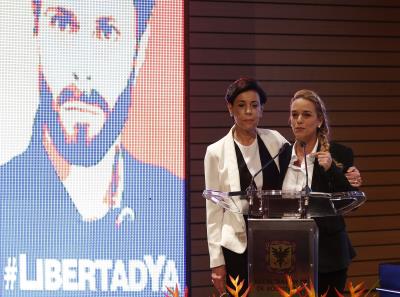Lars Lied did not spend Easter like most Norwegian students do. No, he spent this year’s Easter at the West Bank of the occupied land of Palestine.
During springtime, 2015 traveled a delegation from the Norwegian Palestine Committee to the West Bank in Palestine. With them was 21 years old Lars Lied from the Norwegian city Kristiansand. He is also an active member of Socialistic Youth, the youth party of the political part Socialistic Left. Today he is an elected representative for Socialistic Left in Kristiansand`s City Hall.
You were in Palestine this spring, with whom did you travel and in what kind of project did you take part?
“We traveled with the Palestine committee and their umbrella-organization. It was for educational purposes.”
There are some clear differences in the life of Palestinians and Israelis, what kind of life is the Palestinians living compared to the Israeli?
There is a big difference in the rights of the Palestine people. Palestinians, for instance have to gather water in big tanks because water is not available to them the whole day, sometimes not even for a week. The Israelites, on the other hand, have no problem with their access to water. Their daily life is also quite different. A Palestinian that works in Israel but lives on the West bank have to wait in line for hours to pass the wall and go to work. The Palestinians also make less money than the Israelites, even when they have the same job.
You often hear about how the Israeli justify their actions with denial of occupation and claims of liberation of land rather than settlements. How did you experience the Israelis attitude toward the conflict?
The Israeli people sincerely thinks that the whole land of Israel/Palestine belongs to them, and that the Palestinians have to move away. This was especially clear to us when we met “settlers” and asked them if they felt sorry for those who had lived there before them; they simply answered that this was their land, and this is how God intended it to be.
Did this travel change your view of the conflict, if so, how?
The trip changed my view in that way that I have a bigger understanding that the Palestinians build up hatred. I feel like it is easier to understand why it is possible to end up as a suicide-bomber, this is because people that are systematically discriminated is willing to do anything to make their life better. I also experienced the situation as worse than what I thought it would be before I left.
How do Israeli authorities and officials treat the Palestinians?
Israeli authorities treat Palestinians badly. Because the West bank, according to the Israeli, is occupied area, they are able to judge people by a military court, which results in many courts being solved badly, and gives them the right to punish children without a proper court.
When you were there, did you see any effective work to improve the situation, what do you think is the best way to solve the conflict in the future? Is a two-state solution possible?
It is difficult to do anything to improve the situation now. I do not think a two-state solution is possible because Israel and their settlers have occupied so large areas of what would be Palestinian land that Palestine would not be a connected country. I think the best solution for both parts would be to create a non-Jewish state where everyone that lived within Israeli and Palestinian borders could live in one country with equal rights
What was your strongest impression during the project?
My first impression was how big the wall actually was, and how destructive it was for the people who lived on the West bank.



